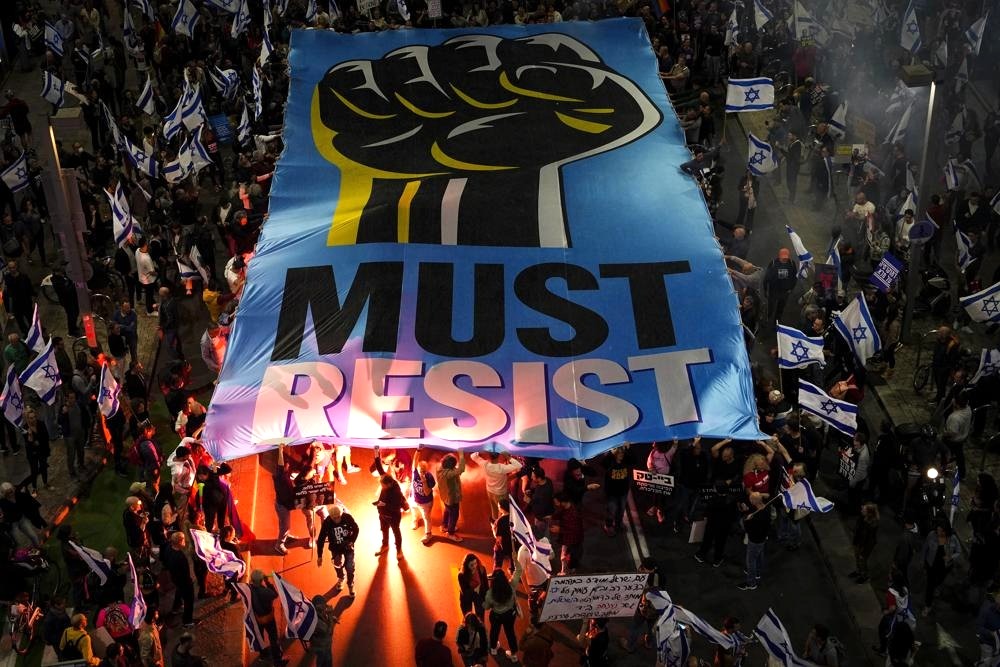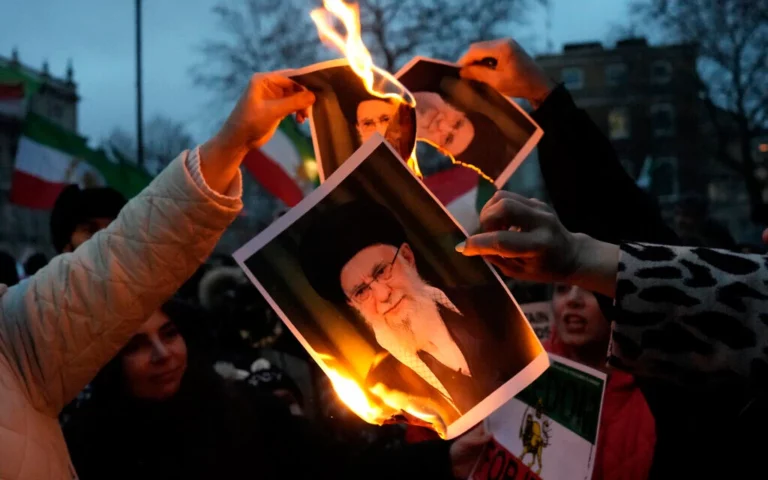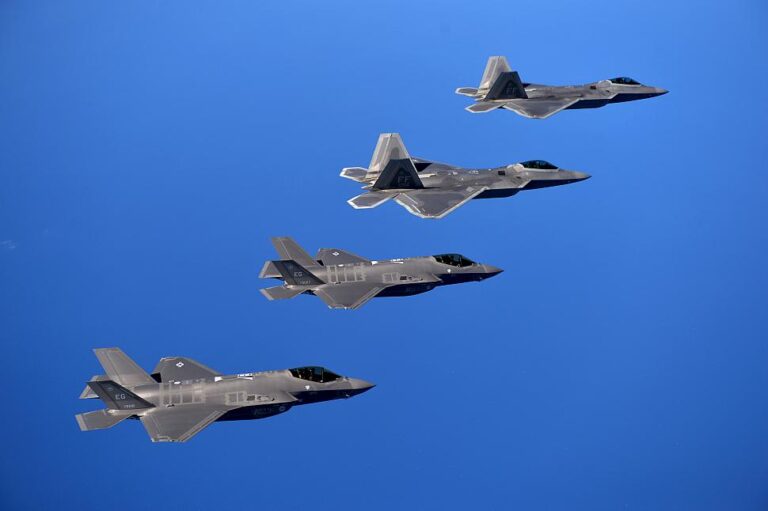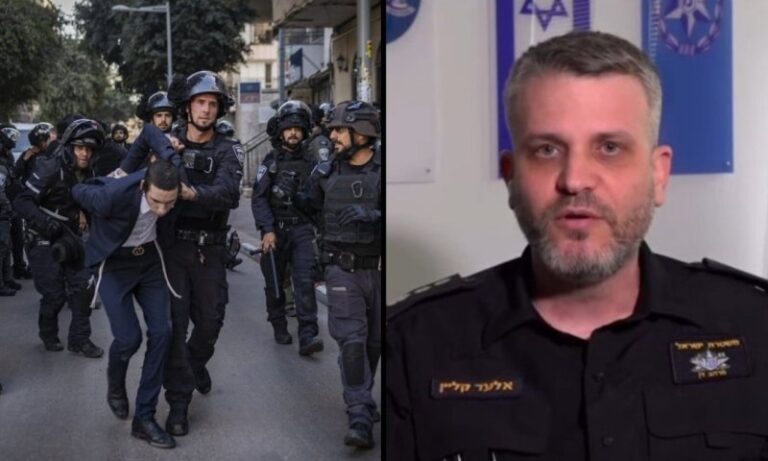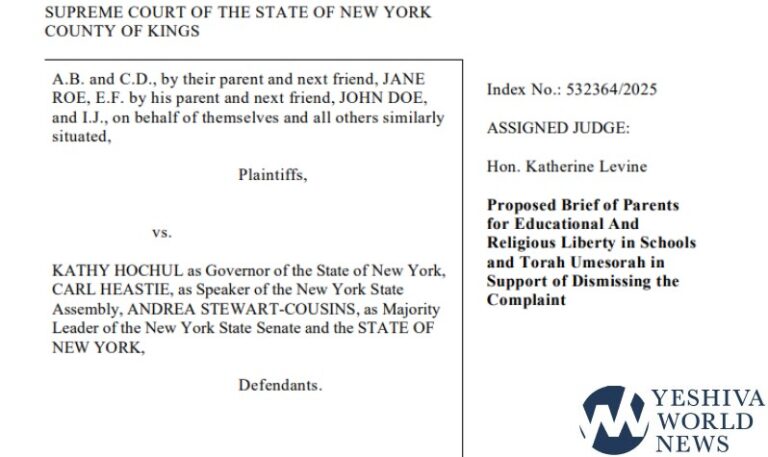For years, the Shin Bet has entirely neglected to address the threats from the radical left, leaving Israel vulnerable in a post-October 7 world to antisemitic attacks worldwide and within Israel itself via foreign-funded NGOs, a former senior Shin Bet official told Maariv in a recent interview.
Moshe Fuzaylov, who served various senior positions in the Shin Bet and Israel Police and is now a senior researcher at the Misgav Institute for National Security, told Maariv, “On October 7, 2023, Israel found itself the victim of a brutal massacre, the most difficult day in its history. It would have been natural to expect that human rights organizations—both in Israel and abroad—would stand with the victim. After all, this was not a border clash but crimes against humanity: massacre, rape, abduction, and arson. And yet, most of those organizations’ arrows were directed at us.”
“This discrepancy reveals a harsh truth. For years, we believed that international coalitions rest on shared values of democracy, human rights, and the rule of law. But at the moment of truth, those values collapsed. What holds coalitions together is not shared values but shared interests. That is why, in the West, seemingly paradoxical alliances have emerged—progressive LGBTQ movements marching hand in hand with Hamas supporters. Clearly there are no shared values here—Hamas brutally oppresses LGBTQ people, women, and minorities. But there is a shared interest: to make Israel a symbol of ‘occupation’ and ‘apartheid.’ Israel has become political currency, and harming it comes at no cost.”
He explained that the situation is partially a result of gaps in Israeli law regarding foreign funding. “The NGO Law requires transparency in foreign funding but doesn’t limit the receipt of such funds. Unlike in the United States, where any entity funded by a foreign state is defined as a foreign agent and placed under strict oversight, here the field is wide open. The European Union has learned to exploit this very well. Instead of confronting Israel directly, it transfers funding to local NGOs that file petitions, produce ‘apartheid’ reports, and lead international campaigns. In this way, Israel becomes the target of a legal and informational war of attrition funded by European taxpayers, but stamped as an ‘Israeli NGO.’”
Fuzaylov also slammed the Shin Bet’s neglect of the issue: “Since Rabin’s assassination, the service has invested enormous resources in monitoring the extreme right. This is a real threat that requires attention, but the result is a long-standing distortion: the Shin Bet has no dedicated unit dealing with the radical left, anarchist organizations, or NGOs funded by foreign governments operating under the banner of ‘human rights,’ which may even work to undermine an elected government. In practice, the Shin Bet shut the book on the left over 20 years ago. As a result, an entire front has been left wide open—a front where the battle over world public opinion is being waged with almost no security oversight.”
“The combination of weak legislation and partial Shin Bet focus creates a problematic reality. Israel is being attacked from within by organizations funded from abroad, without legal restrictions and without real security oversight. The result is that foreign states succeed in shaping Israeli and international discourse without paying a price, while we argue among ourselves about the ‘freedom of action’ of NGOs.”
“What’s needed here is fundamental change. Israel requires a clear law, one that defines any NGO funded by a foreign government as a foreign agent, with binding transparency and limitations. It also needs a balanced Shin Bet, one that recognizes that threats to democracy can come from both the right and the left, especially when external funding is aimed at weakening Israel’s resilience.”
“The next Shin Bet chief faces a historic mission: to restore balance. He must rebuild the division overseeing the extreme right, establish a division to oversee threats from the left and foreign-funded NGOs, recommend protective legislation, and ensure that the service is not trapped by past traumas but remains loyal to one principle—defending the State of Israel, its sovereignty, and its legitimacy.”
“Israel’s war is not only military, against Hamas or Iran. It is also being fought in the legal, informational, and political arenas. To win it, we must understand that shared values no longer hold. Only shared interests, protective legislation, and a balanced security service will ensure that we can withstand the international industry working to undermine our legitimacy,” Fuzaylov concluded.
(YWN Israel Desk—Jerusalem)

